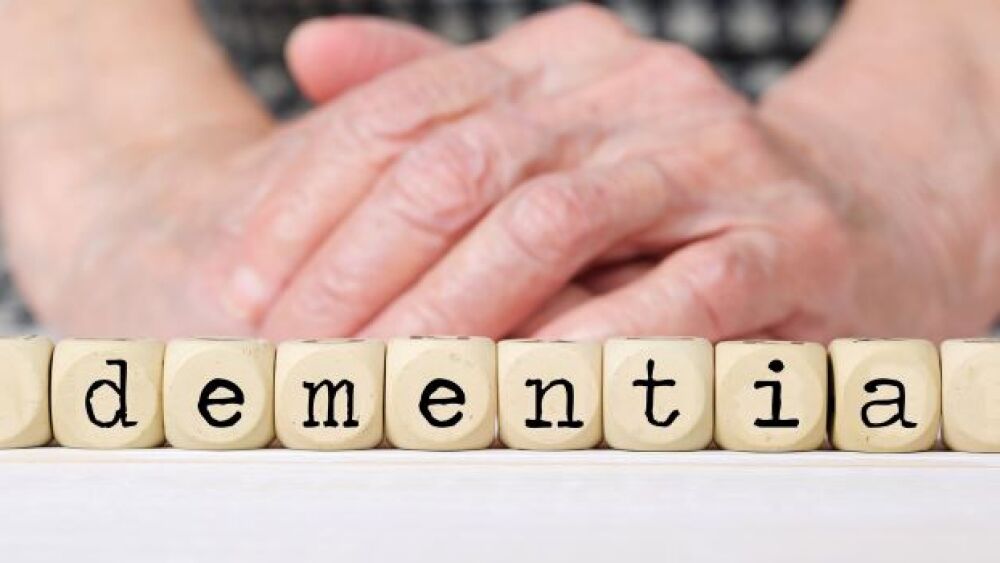If actually administered to these patients, this could represent the first recorded attempt to manage dementia that uses an injectable gene therapy technique.
During a talk last month, the Chief Executive Officer (CEO) of biotech company BioVia said she was waiting for results from a six-person study performed in Mexico that saw patients with dementia receive a controversial gene therapy injection not yet authorized by the U.S. Food and Drug Administration (FDA). If actually administered to these patients, this could represent the first recorded attempt to manage dementia that uses an injectable gene therapy technique.
Elizabeth Parrish, CEO of the Seattle-based startup BioVia, suggests the current drug safety regulatory system set up in the U.S. is a substantial barrier to potentially lifesaving and life-lengthening therapies. Her biotech includes an advisory board committee that boasts George Church, a Harvard geneticist.
A newsletter from the company back in 2019 explained that a gene therapy study was looking for 10 patients more than 50 years of age who had mild-to-moderate Alzheimer’s disease. This study’s one-hour procedure would be performed in Mexico City, according to the FAQ link in the email newsletter.
But despite its promise, no news outlets have been able to confirm the identity of the six patients who received the dementia gene therapy injection in Mexico or how this reported therapy affected the patients and their condition.
BioViva has been focused on longevity research for several years. In 2015, Parrish said she took gene therapies for anti-aging purposes, becoming one of the first people to make this information public. According to an interview, Parrish received over 100 injections of the investigational gene therapy that was designed to possibly “switch on” telomerase, an enzyme that extends telomeres and has been linked to aging.
In the summer of 2019, the company said in a YouTube video that Integrated Health Systems was initiating a telomerase gene therapy trial and was actively searching for participants with symptoms of mild to moderate Alzheimer’s disease.
Earlier this year, BioViva introduced an at-home genetic home test called the TimeKeeper, which the company claims can help a person determine their biological age. Ultimately, the supposedly advanced and effective test can estimate the rate of biological aging as well as how effective and “anti-aging” intervention may be. “This is critical because in order to treat aging we need viable biomarkers that can tell us what changes we experience as we age and show if our interventions have improved upon those changes,” Parrish said in a statement.
BioViva is just one company in a burgeoning field of anti-aging research specifically focused on dementia and other neurodegenerative diseases. Today, Passage Bio announced its partnership with InformedDNA® to provide genetic counseling and genetic testing for patients with early onset dementia. According to the company, the genetic screening and counseling initiative could help identify patients with inherited genetic mutations, which may facilitate earlier intervention and improved clinical outcomes for patients with dementia.
“By partnering with InformedDNA, we are able to offer patients with FTD an option to potentially identify whether there is an inherited genetic mutation causing their disease,” said Passage Bio’s CEO and President, Bruce Goldsmith, Ph.D., in a statement. “This will enable clinicians to intervene sooner with an appropriate treatment approach for their specific form of the disorder. We believe this collaboration can serve as a valuable resource for the FTD community, allowing for earlier treatment or participation in clinical trials aimed at finding innovative treatment options.”





